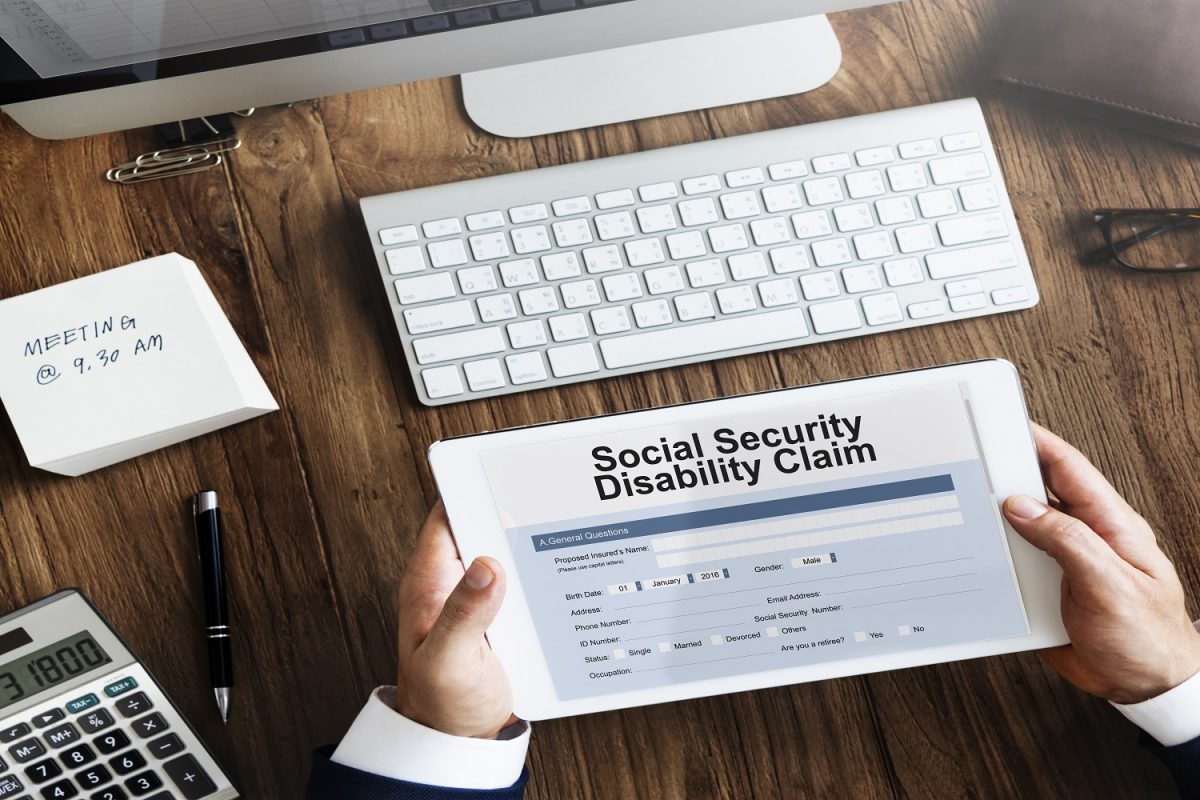If a person who is receiving disability benefits, or applying for disability benefits, performs work for profit at a substantial level, this could jeopardize their benefits.
The reason is that the very definition of disability presumes an inability to engage in substantial gainful activity.
For the year 2016, substantial gainful activity (or SGA) is presumed for a non-blind person if that person’s gross monthly income exceeds $1130 per month. For statutorily blind individuals, that figure is $1,820 per month.
For self-employed individuals, social security looks at the person’s net business income in much the same way as does the IRS. In this calculation, reasonable business expenses are deducted when calculating countable income. In addition, impairment-related expenses are deducted as well.
If a self-employed person’s countable income exceeds SGA, social security will look at whether or not the person has rendered significant services to the business.
There are special rules for statutorily blind persons in calculating SGA. There is a law known as the Randolph-Sheppard Act, which benefits blind people by providing them with opportunities for remunerative employment through the operation of vending facilities on federal property. This includes activities such as operating cafeterias, snack bars, and vending machines that are located on federal property. The law has been broadened in most states to include state, county, municipal, and private locations as well.
https://www2.ed.gov/programs/rsarsp/index.html
(Visited April 19th, 2016).
In addition, this law allows for blind persons who operate a vending facility on federal property to receive income from vending machines on the property, even if they do not service, operate, or maintain the vending machines. Such income is not reflective of the person’s productivity and is therefore excluded from the person’s net income in determining SGA.
See Social Security Ruling (SSR) 12-1p.
This material should not be construed as legal advice for any particular fact situation, but is intended for general informational purposes only. For advice specific to any individual situation, an experienced attorney should be contacted.

